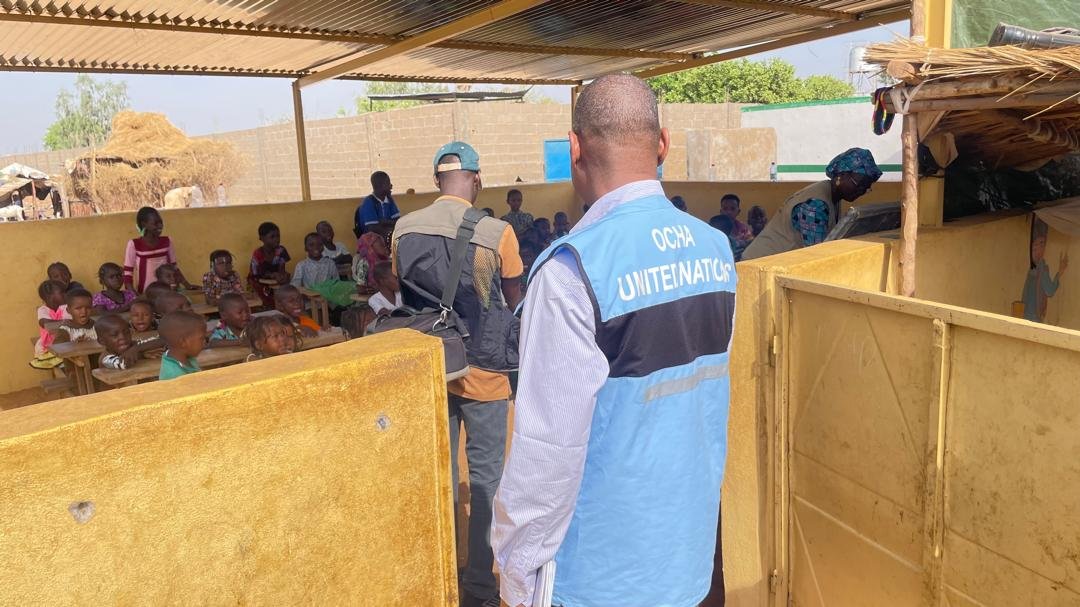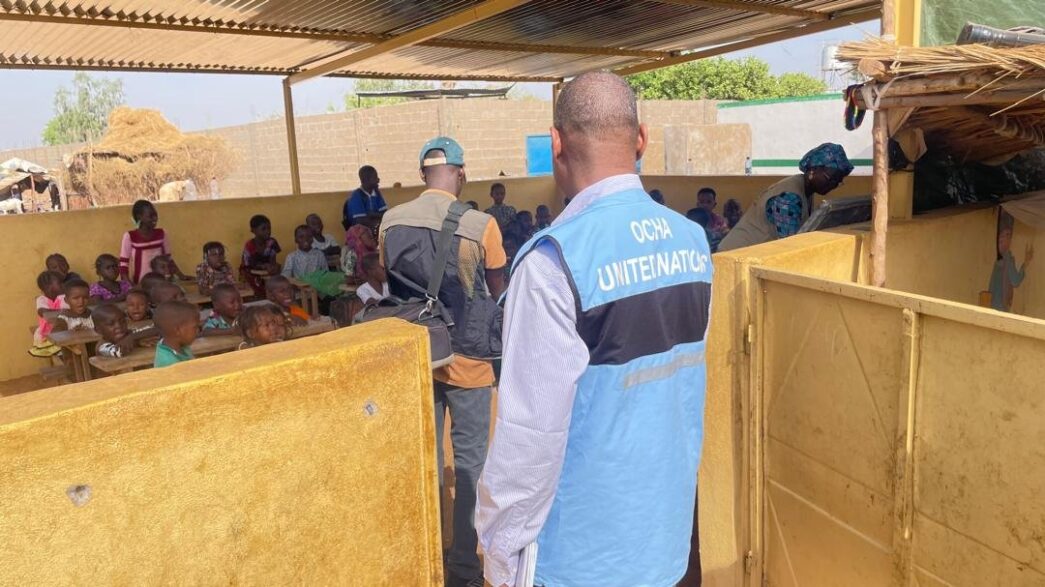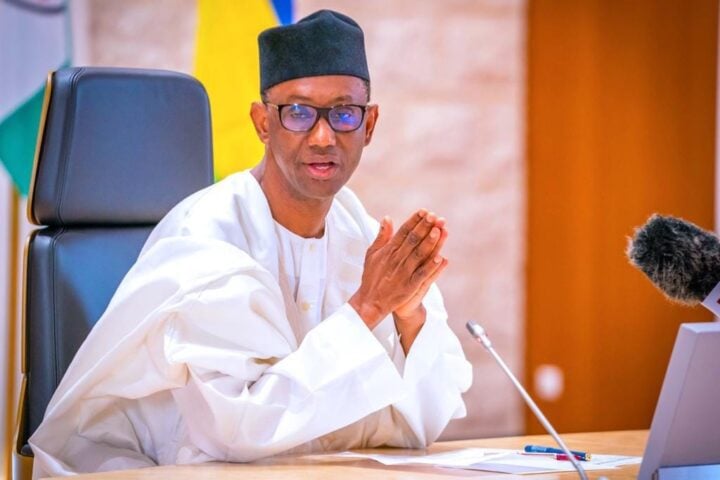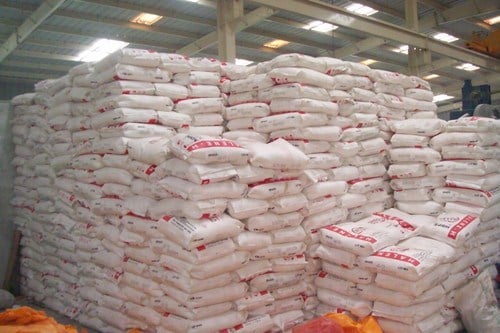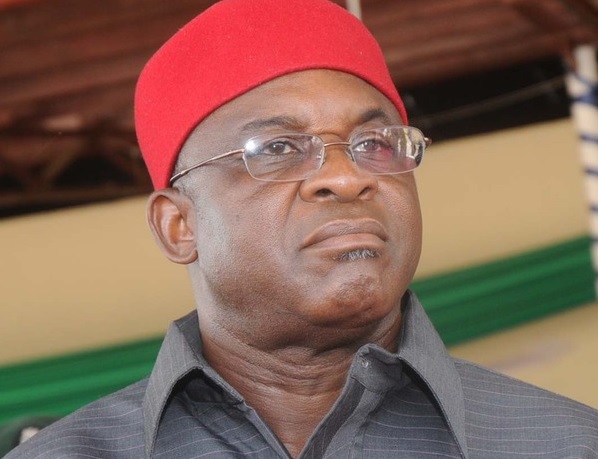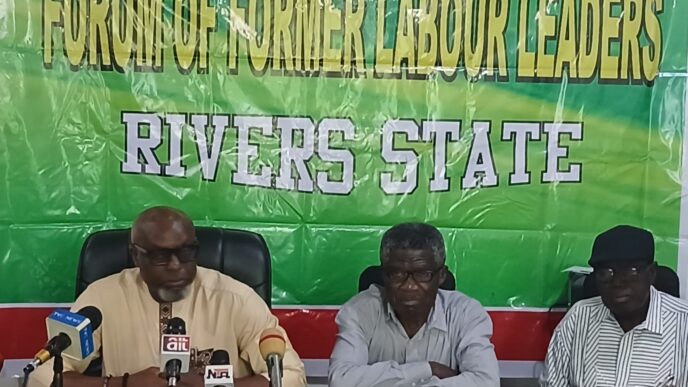The United Nations Office for the Coordination of Humanitarian Affairs (OCHA) says it is scaling back operations in Nigeria due to funding cuts.
In an internal memo seen by TheCable, Tom Fletcher, emergency response coordinator, told OCHA staff last Thursday that the agency has a funding gap of almost $58 million.
“Addressing this shortfall will be critical to maintaining our mission. And to be very clear: This process is driven by funding constraints, not a reduction in needs,” Fletcher said.
OCHA currently has a workforce of around 2,600 staff in around 60 countries, including Nigeria.
Advertisement
“The funding shortfall means we are looking to regroup to an organization of around 2,100 staff in fewer locations. This translates into 500 fewer positions, or 20%,” Fletcher noted.
The OCHA emergency response coordinator said the agency will gradually scale back its presence in Nigeria “which does NOT necessarily mean a full withdrawal of OCHA architecture or presence”.
Other country offices affected are Cameroon, Colombia, Eritrea, Iraq, Libya, Nigeria, Pakistan, Gaziantep, and Zimbabwe.
Advertisement
Fletcher said the decision would take effect “in the immediate future”.
OCHA’S OPERATIONS IN NIGERIA
In Nigeria, OCHA has worked to support national and international non-governmental organisations and other UN agencies to respond to critical emergencies in humanitarian settings, particularly the north-eastern states of Borno, Adamawa, and Yobe.
Sectors where the UN agency has worked to demonstrate humanitarian leadership include food security, education, health, nutrition, and logistics.
Advertisement
However, deep cuts to foreign aid from wealthy nations, including the United States, have stifled the agency’s operations.
Since taking office, President Donald Trump has frozen nearly all foreign aid programmes, withdrawn the US from the World Health Organisation (WHO), and dismantled the United States Agency for International Development (USAID), a key player in global humanitarian funding.
At the time the cuts spiraled down into critical humanitarian sectors, Jens Laerke, OCHA spokesperson, said there were no layoffs within the agency in response to the executive orders but noted that the US funded 47 percent of all humanitarian aid.
The US has also been the biggest contributor to OCHA’s programme budget, accounting for roughly 20 percent of the agency’s budget for 2025, according to Fletcher.
Advertisement
Last year, OCHA said it required $926.5 million to tackle humanitarian crises but only received $59.84 percent of its budget, leaving a funding gap of $867.66 million.
This year, the agency only received 7.2 percent of its $910.2 million funding request, according to humanitarian response tracker.
Advertisement
‘UNFORTUNATE DECISION’
Nentawe Goshwe, minister of humanitarian affairs and poverty reduction, said OCHA’s decision to scale down its response in Nigeria is “unfortunate”, especially as humanitarian challenges continue to rise across the country.
Advertisement
Goshwe spoke on Wednesday during a validation workshop on the anticipatory action framework for Nigeria, held at the National Counter Terrorism Centre, office of the national security adviser in Abuja.
Goshwe said Mohamed Fall, UN resident and humanitarian coordinator, had earlier informed him about the decision.
Advertisement
The minister commended OCHA for its interventions in Nigeria, particularly in the conflict-affected north-east states.
Goshwe said President Bola Tinubu remained committed to tackling the humanitarian disasters in the country.
